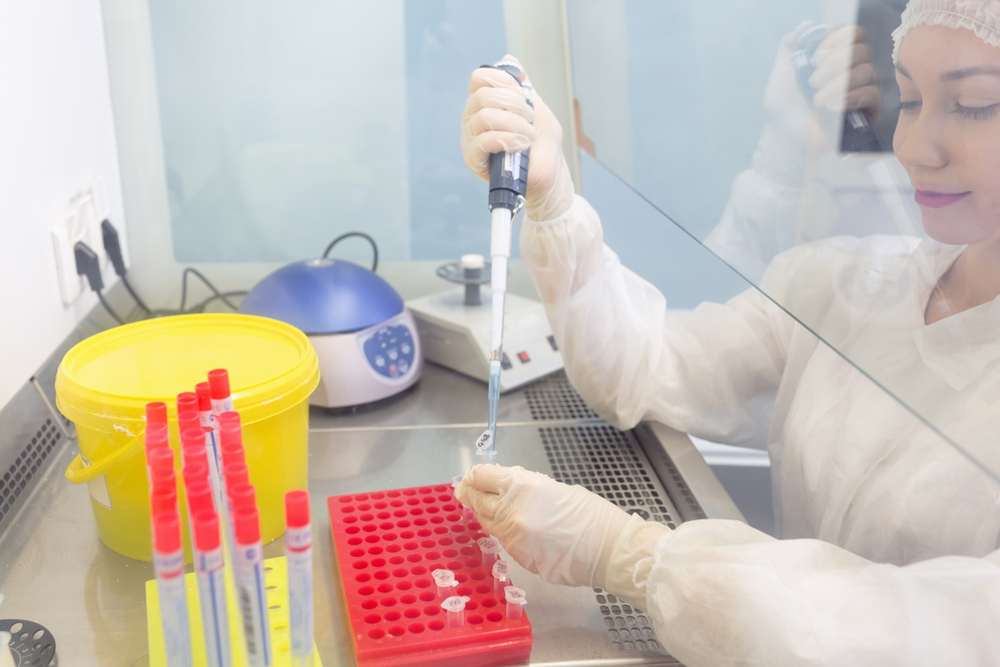Genetic Insights for Prostate Cancer Detection and Prevention
This article explores how genetic testing can aid in the detection and prevention of prostate cancer. It highlights the importance of family history, genetic risk factors, and recent advances in multigene testing. While genetic screening offers promising benefits, it’s essential to Consult healthcare professionals for personalized advice. Understand the role of DNA analysis and known gene mutations like BRCA1/2 in assessing prostate cancer risk and improving early intervention strategies.

Genetic Insights for Prostate Cancer Detection and Prevention
Significant progress has been made in genetic medicine, sparking discussions about the benefits and limitations of genetic testing in the fight against prostate cancer.
The discovery of the DNA double helix in 1953 revolutionized human understanding of genetics. The complete human genome holds vital information, opening doors to better prevention, diagnosis, and treatment of diseases, including prostate cancer through DNA analysis.
Genetic testing for prostate cancer
Genetic screening offers numerous advantages and personalized care options for men diagnosed with prostate cancer.
Nonetheless, questions remain about the use of prostate cancer DNA testing for screening, diagnosis, and prevention. Experts note that genetic testing is suitable for men with risk factors but not for those with strong family histories of breast or ovarian cancer, which are linked to BRCA1 and BRCA2 mutations. Testing for such inherited mutations can help assess risk, but should be based on known genetic associations and expert interpretation.
Understanding prostate cancer risk factors
Prostate cancer DNA testing emphasizes the importance of family medical history, risk assessment concepts, and involving individuals with multiple affected relatives. It’s estimated that approximately 1 in 9 American men will develop prostate cancer during their lifetime.
Family history factors include cancer incidences in both paternal and maternal lines, ethnicity, race, and other health conditions like benign prostatic hypertrophy. Several multigene tests are now available to evaluate genetic variants linked to increased susceptibility, with many healthcare providers integrating germ-line genetic testing and counseling into patient care.









